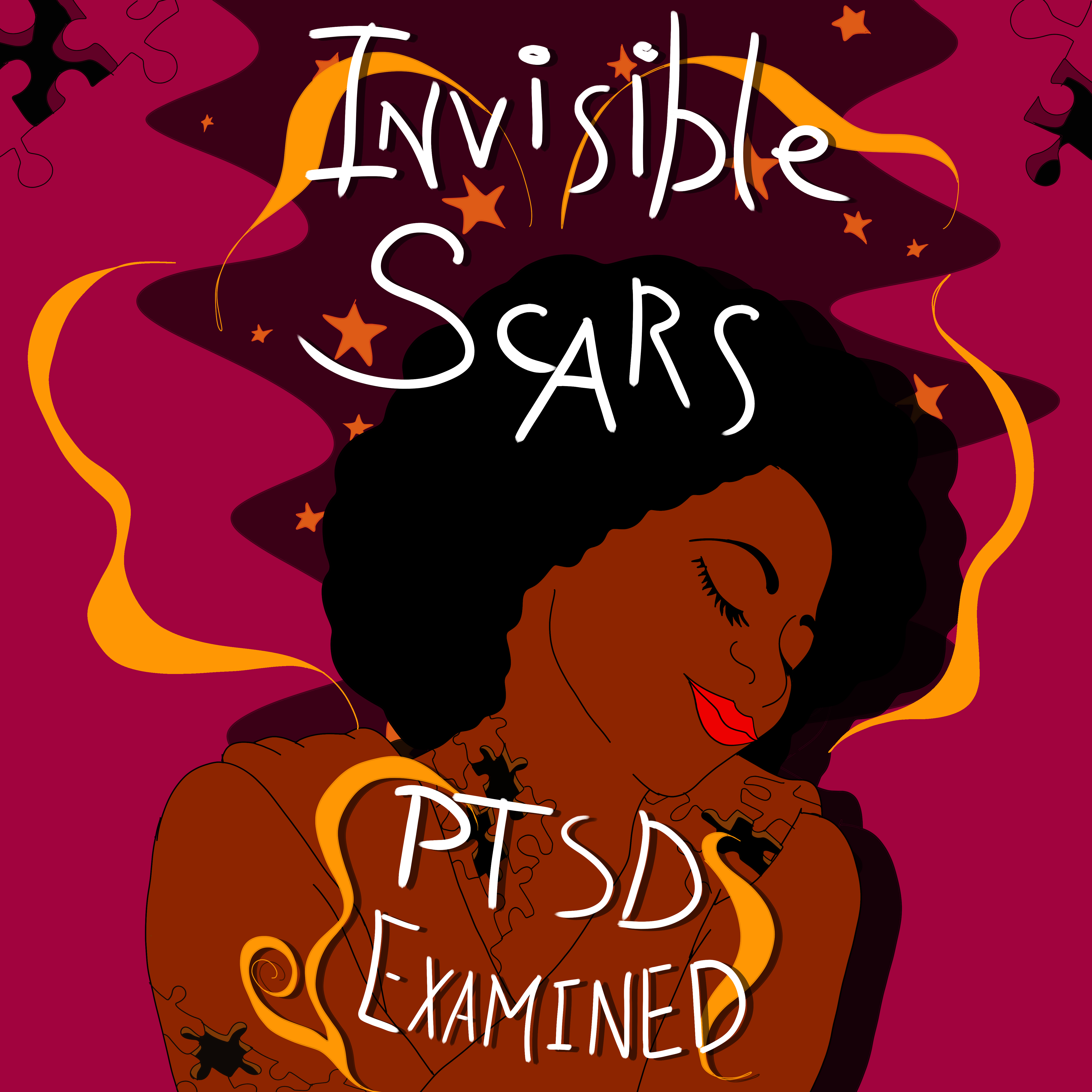To raise awareness of Post-Traumatic Stress Disorder in Trinidad and Tobago, for those who may be unknowingly suffering from it, and to dispense hope to those struggling heavily with it. The campaign will deal with P.T.S.D. derived from multiple causes, from gun violence and crime, to abuse and assault.
PTSD is…
Post-traumatic stress disorder (PTSD) is a mental health condition that’s triggered by a terrifying event — either experiencing it or witnessing it. Symptoms may include flashbacks, nightmares and severe anxiety, as well as uncontrollable thoughts about the event.
Most people who go through traumatic events may have temporary difficulty adjusting and coping, but with time and good self-care, they usually get better. If the symptoms get worse, last for months or even years, and interfere with your day-to-day functioning, you may have PTSD.
Getting effective treatment after PTSD symptoms develop can be critical to reduce symptoms and improve function. (Source).
Topics the campaign will be addressing:
1. What is P.T.S.D.? In simple terms.
2. Who can be affected by P.T.S.D.?
3. How can someone exposed to gun violence be affected by P.T.S.D.?
4. How can someone who has been abused be affected by P.T.S.D.?
5. Things not to say to someone with P.T.S.D.
6. Professional advice (from psychologists) for someone dealing with P.T.S.D.
7. Different, personal ways that actual survivors cope with P.T.S.D. and what has helped them.
8. How you can help someone / be there for someone suffering from P.T.S.D.
Goal of this campaign
In a country with enormously high rates of crime, gun violence, murder, domestic abuse, sexual assault, and more, we can expect that many of our citizens suffer from some degree of Post-Traumatic Stress Disorder. And, yet, we rarely hear mention of this phrase in the country. The average citizens’ awareness of P.T.S.D. must be very limited.
We need to not only place emphasis on the physical needs of the nation, but also on their mental well-being. We need to raise more awareness of P.T.S.D. so that persons who have been through such traumatic events need to know that there is the possibility that they may be suffering from this illness, and that may hinder their ability to function sometimes, or their happiness and comfort. People who are experiencing flashbacks, panic attacks, nightmares, among other symptoms, need to know that they may be suffering from P.T.S.D., and that it can be treated.
We can’t allow a traumatized nation to continue minimal knowledge of Post-Traumatic Stress Disorder, and its potential effects and coping strategies. We can’t keep treating crime as if the only way to be affected by it is physically– by being murdered, kidnapped, or having property stolen– and that there are no psychological effects afterwards.
We want to raise awareness, in particular, to stem the ignorant statements that people make to persons suffering from P.T.S.D. that may just make them feel worse– ‘you should be over that by now’, ‘you need to stop feeling sorry for yourself’, ‘that happened so long ago’, ‘why that still bothering you?’ We need to dispel the myth that there’s a ‘timeline’ for overcoming P.T.S.D. and reiterate that it can different people for different lengths of time. It’s important to raise awareness so we can encourage the public to have more sympathy and sensitivity towards survivors.
We also want to encourage those who have been struggling with particularly difficult symptoms that there is hope, and that they can get better. That it won’t define the rest of their lives.
